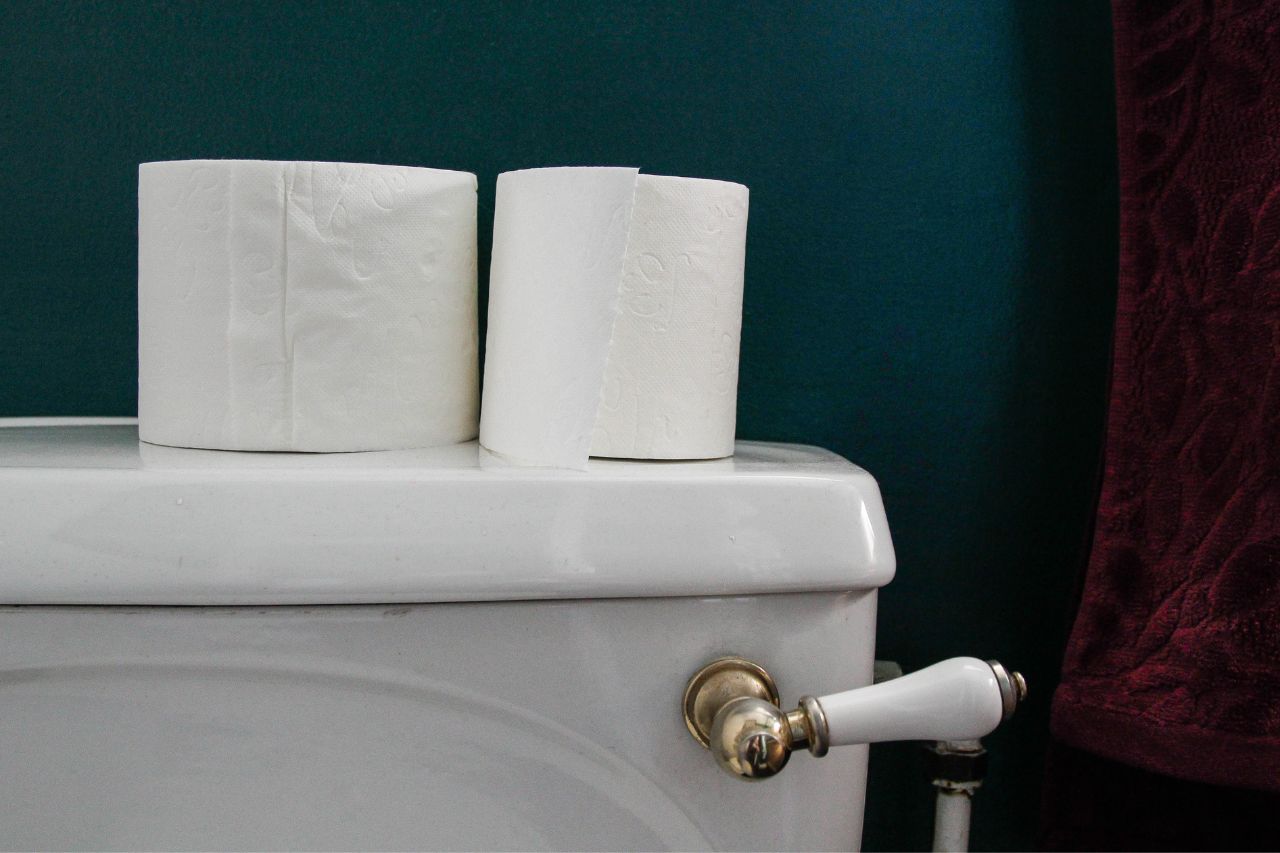Struggling to Give Up Your Smartphone at Night? 8 Ways to Ditch Screens.

Smartphones are an important tool for most people. They enable us to communicate with others, manage our calendars, and search the internet for any information we might need. However, spending too much time using your smartphone — particularly at night — can be harmful in several ways.
For example, the blue light emitted by smartphones isn’t good for your vision. Plus, it suppresses the production of melatonin, a hormone that helps control your sleep-wake cycle, which can lead to insomnia. And if your lower melatonin level doesn’t keep you awake, the emotions (negative or positive) triggered by what you see on your phone can cause physiological responses that make it hard to wind down and fall asleep.
There’s also a growing body of research indicating that excessive smartphone use can cause or worsen anxiety and depression. And, of course, there’s the fact that interacting with your phone takes time away from interacting with your partner, children, pets, etc., and nurturing those important relationships.
Consequently, health experts agree that people should limit their smartphone use, especially in the evening. That’s not easy, of course. We’re so reliant on our phones that being away from them, even for a few hours, can be stressful.
But like any habit, nighttime smartphone use can be modified or eliminated if you develop and stick to a plan for doing so.
Never Miss a Beat
Get the health and wellness news that matters most delivered straight to your inbox. Subscribe to our free email newsletter to stay up-to-date on the latest news and more.
How to Cut Back on Nighttime Smartphone Use
If you feel you need to cut back on your smartphone use at night, the tips below can help.
- Measure your nighttime phone use. It’s important to know how many hours you spend on your phone at night now so that you can determine whether your efforts are paying off a week, month, or year from now. There are apps available for most phones that can generate usage stats for you, but you can just as easily keep a simple journal of your approximate hours of phone use at night.
- Set your phone display to grayscale mode. The vivid colors in the apps we use make our smartphones very enticing. Many people find that when the same information is displayed but without the stimulating colors, the appeal fades a bit. And that’s a helpful step in the right direction.
- Review and revise your notification settings. The fewer notifications you receive, the less temptation you’ll have to pick up your phone. Be honest with yourself about which alerts you truly need and turn off the rest.
- Make it harder to get to your apps. If seeing the icon for a favorite app on your home screen makes you want to open it, move it to another screen that you have to navigate to. That screen may be just one swipe away, but that tiny bit of effort can help you understand the hold the app has on you and give you a second to fight it.
- Have someone to support you in your effort. Hearing a friend or family member say, “Hey, you said you weren’t going to look at your phone after 7 p.m.” may give you the encouragement and accountability you need to put your phone down and leave it there.
- Don’t charge your phone by your bed. Having your phone within reach as you try to fall asleep creates tension, as you fight the temptation to check it one more time. Charge it from an outlet that’s across the room. That way, you can still hear it if someone calls you about something urgent, but it’s far enough away that you can’t just reach out and grab it.
- Remind yourself that apps are designed to draw you in. Everything about a popular app — from the sounds to the colors to the page layouts — is designed to keep you engaged. You may find it motivating to think of this as a contest pitting the app developer’s skill against your self-control.
- Recognize that others admire your newfound freedom. Your friends may give you grief for not responding to the group text conversation from last night and say that you missed out on something funny or important, but you can be sure that they’re impressed with your ability to minimize your screen time and they wish they could do the same.
Discover the Care Option That Works Best For You
Find convenient care options that work best for your specific needs with Baptist Health’s Care Finder tool. Answer a couple simple questions about your symptoms, and Care Finder will recommend the best, and most convenient way for you to get the care you need. Get started today.
Set Reasonable Goals for Changing Your Habits
The best way to modify a habit is to set reasonable goals for changing it. For example, rather than attempting to eliminate all smartphone use after 7 p.m., you may have more success if your first goal is to stop using your phone in the 30 minutes before you go to bed. Then, after reaching and maintaining that goal, expand it to the hour before you lay down, and so on.
Or maybe set a goal like only checking your phone 10 times for a few minutes at a time between dinner and bedtime, and then gradually reduce that number. The point is to give yourself achievable goals so that you don’t give up out of frustration. Small “wins” can create forward momentum that helps you reach your long-range objective.
Learn About Behavioral Health Services at Baptist Health
If you feel you’ve become addicted to smartphone use, that’s a problem you should and can get help with. It’s particularly important to talk with someone if this habit is making you feel anxious or depressed.
Learn about behavioral health services at Baptist Health today and get the help you need to develop healthy smartphone habits.
Next Steps and Useful Resources:
Find a Provider
Discover Care Options
Do Blue Light Glasses Work?
Are Earbuds Bad for You?
How Social Media Affects Attention Span



